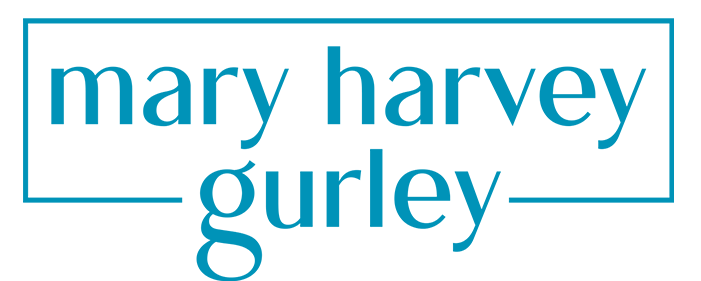How to Protect Yourself Online: Simple Tips for Staying Safe
I know several people (men and women alike) who have fallen for an online scam, romance scam, or had their identity stolen). Someone I know recently had their identity hacked after clicking on what seemed like a trustworthy email.
It made me realize how vulnerable we can be, so I want to share some simple ways to protect yourself. Personally, I use an identity theft service to protect my accounts and have been pleased so far.
Simple Steps to Secure Your Online Accounts
- Strong, Unique Passwords: Avoid reusing passwords. A password manager can help you keep track.
- Two-Factor Authentication: Adds an extra security step when logging in, like entering a code sent to your phone.
- Be Cautious with Emails: Don’t click on links in suspicious emails, even if they look official.
- Antivirus Software: Keep your devices secure by using antivirus protection.
How to Protect Yourself Online:
It happened to a close friend of mine recently. She clicked on a link in an email that looked completely legitimate (it even had the company’s logo!), and within minutes, her accounts were compromised. This got me worried because, honestly, it could happen to any of us.
So, I started digging into how hackers do this and, more importantly, how we can protect ourselves. I know technology can be intimidating, but don’t worry—I’m here to break it down for you in the simplest way possible.
Why You Should Care
We all love the convenience of online shopping, banking, and connecting with friends, but this convenience also comes with risks. Hackers are sneaky, and they’re always looking for easy targets. But here’s the good news: with just a few simple steps, you can make yourself much harder to hack.
Easy Ways to Stay Safe
- Use Strong, Unique Passwords (I know it is easier said than done, right? But trust me on this one. Avoid using the same password everywhere. If you struggle to remember them, try using a password manager. It does the hard work for you.)
- Enable Two-Factor Authentication (2FA) (This sounds fancy, but it’s just an extra step to prove it’s really you logging in. You might get a text message with a code or use an app like Google Authenticator. It’s quick and adds a strong layer of security.)
- Be Cautious with Emails (If something seems off about an email, even if it looks official, don’t click on any links or download attachments. Better safe than sorry—especially when it’s your personal info on the line.)
- Install antivirus software. (Think of it as a security guard for your computer. It helps catch any malicious software trying to sneak in.) I have one that protects several things for me, and it’s worth the monthly fee.
First and foremost, don’t ever give anyone online any information, even if they tell you they love you and will be with you forever. If you have questions, ask a younger family member to check for you before you provide anyone with any information.

